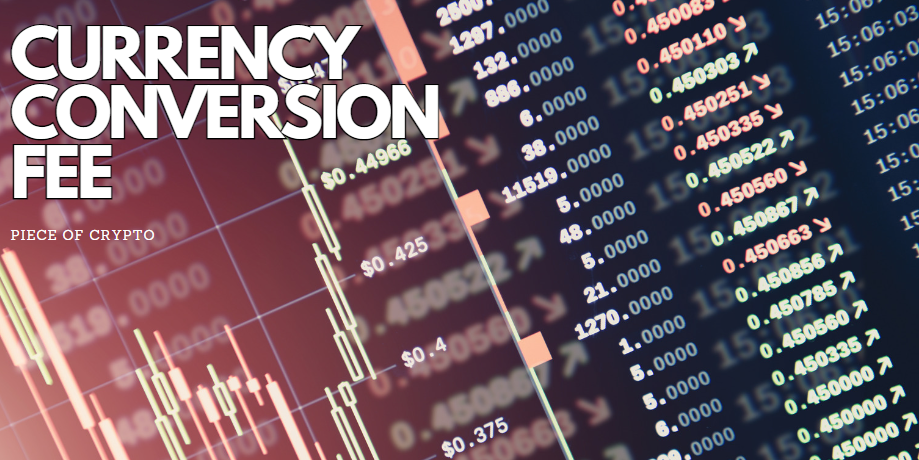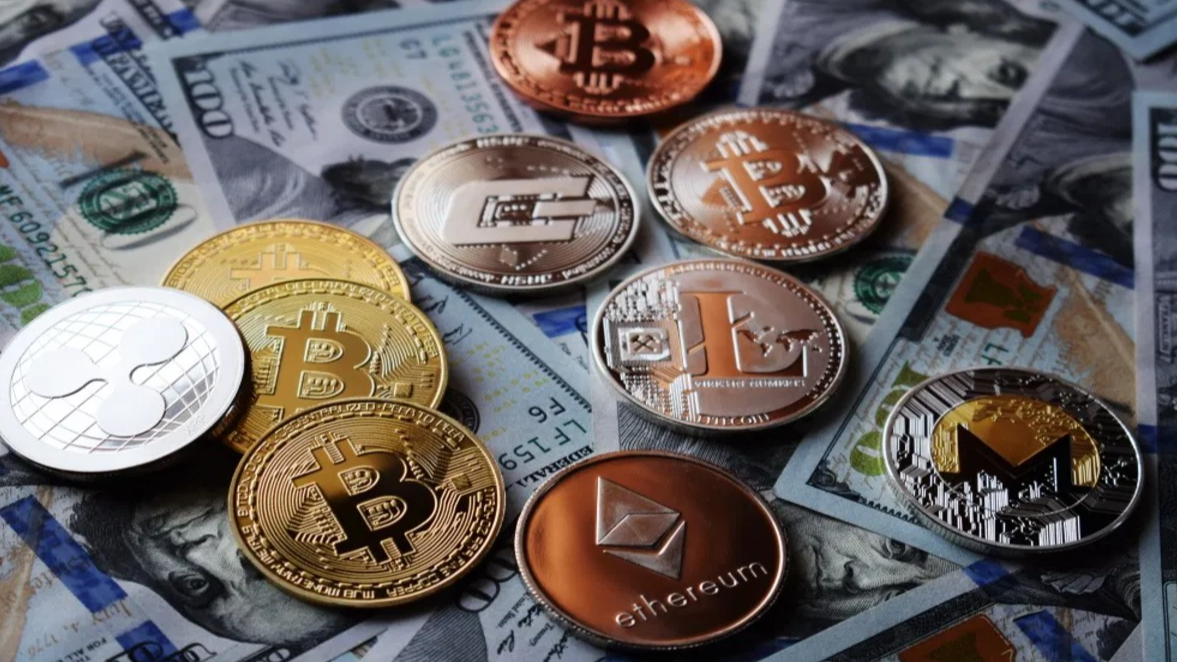Avoiding Foreign Currency Conversion Fee. If you’re planning a trip abroad, it’s important to know about the many hidden fees that can be added to purchases you make while you’re traveling. In particular, you should be aware of foreign currency conversion fees.
A foreign currency conversion fee is a surcharge tacked on to your credit card bill when you pay for products or services in a different currency. It can be as high as 3% of the purchase cost.
What is a currency conversion fee?
A currency conversion fee is a charge that credit card issuers tack on to purchases made in foreign countries. This charge can be confusing, especially since it often overlaps with the foreign transaction fee.
A foreign transaction fee is a per-transaction fee, typically 2% to 3% of the purchase price, levied by your card issuer (usually a bank) or ATM network when you use your U.S. issued credit or debit card in a foreign country or make a purchase online from a company based in a foreign country that processes transactions in the native currency.
When your card is swiped or tapped, your card payment processor (Visa, MasterCard, Discover or American Express) will then tack on an additional 1% of the purchase price to convert the transaction from the local currency to dollars. However, the foreign transaction fee is typically absorbed by the card issuer, so you may not even notice it until you see it on your credit card statement.
You can also avoid a currency conversion fee by letting your credit card payment processor do the conversion for you. Visa and MasterCard have currency converter calculators, and you can find a free app to download on Google Play or the Apple App Store to convert currencies quickly and easily.
In addition, you can avoid the fee by not agreeing to Dynamic Currency Conversion (DCC) at the point of sale, which is when merchants offer you the option of paying in dollars rather than your home currency. While this may be convenient, DCC rates tend to be higher than those charged by your credit card payment processor and are usually not worth the extra expense.
It is also important to remember that some sites – such as international travel booking websites, or those that list prices in non-U.S. currencies – can also charge you a foreign transaction fee. You can check for these fees by looking at your statement and analyzing your spend.
How do I know if I’m being charged a currency conversion fee?
A foreign currency conversion fee is a charge that is tacked on to purchases made in a different currency than the one you used to pay for the items. Generally, these fees are charged by credit card payment processing networks (like Visa and MasterCard), but they may also be tacked on by international merchants.
The most obvious way to know if you are being charged a currency conversion fee is to look at your credit card statement or ATM receipt. These documents will include a breakdown of the transaction and will show you how much it cost in your home currency as well as in the local currency.
This will help you avoid getting ripped off by an unscrupulous merchant or bank. You should also ask to see the total cost in the local currency before paying for your items.
Another way to know if you are being charged the wrong amount in a different currency is to check your credit card’s website. Both Visa and MasterCard have calculators that allow you to compare the conversion rate that your card is being charged with the currency exchange rate the merchant is charging.
You can avoid being charged a currency conversion fee by choosing to pay in the local currency instead of the US dollar. This will reduce the amount of money that your credit card issuer will charge for the transaction and can save you a lot of money in the long run.
If you are using a credit card to make a purchase in a different currency, the merchant will use a service called Dynamic Currency Conversion or DCC to convert the currency into dollars for you. This is a service that many merchants offer, and it can be helpful for travelers as it allows them to see the total cost of their purchase in their home currency before paying.
But, while DCC sounds convenient, it can end up costing you a lot more than you think. This is because DCC rates are often considerably higher than the credit card payment network’s currency conversion rates.
How do I avoid being charged a currency conversion fee?
If you use a credit card while traveling, you may be able to avoid being charged a foreign currency conversion fee. But this can be tricky because these fees are often rolled into the total amount of the foreign transaction fee.
Typically, a currency conversion fee is 1% of the purchase price. It’s levied by your credit card payment processor (Visa, MasterCard, American Express) or ATM network on the same transaction and passed on to you as part of the foreign transaction fee.
But some merchants and ATM operators calculate currency conversion fees at the point of sale, and these can be even more expensive than the credit card payment networks charge. This type of conversion is called dynamic currency conversion, or DCC.
You can avoid being charged a DCC fee by declining to pay for the service at the point of sale. That means your credit card payment network will do the currency conversion instead. It’s generally a better choice to say no, however, since the rate charged by DCC services are usually much higher than the ones the credit card payment networks charge.
Another way to avoid being charged a currency conversion fee is by selecting the local currency when paying with a credit or debit card. This means the merchant will convert the purchase price to the local currency and post the exchange rate on the point-of-sale terminal.
While a lot of travelers don’t realize that they can avoid being charged a currency conversion fee by choosing the local currency, it is actually quite simple to do. All you have to do is make sure the merchant’s point-of-sale terminal allows you to see and pay in the local currency.
In many cases, the merchant will also ask you to select whether the cost of your purchase should be shown in dollars or the local currency. The default option is always in the local currency, so if you choose to purchase in dollars, the merchant will automatically convert it for you at an unfavorable markup that’s often several times worse than what you could get by using your credit card payment network.
How do I avoid being charged a Dynamic Currency Conversion (DCC) fee?
If you’re traveling abroad or making purchases on a foreign website, it’s important to know how to avoid being charged a Dynamic Currency Conversion (DCC) fee. This is a common way for merchants to take advantage of international customers and earn extra revenue from foreign currency fees.
One way to avoid being charged a DCC fee is to choose to pay in the local currency when making an international purchase. This can save you a significant amount of money on any foreign purchases.
In addition, you can save even more by choosing a credit card without a foreign transaction fee. The best cards will offer a high reward percentage, which will help you make your travels even more affordable.
Besides saving you money, using a credit card with no foreign transaction fee also makes it more difficult for merchants to charge you additional fees. This includes DCC and foreign currency conversion fees, which are often charged at a higher rate than the true exchange rate.
To ensure you’re not being charged a DCC fee, check your bank statement to see what you’ve been charged. If you’re not sure, contact your card issuer and ask for a copy of your bank account statement.
You should also ask the merchant about their DCC fees before you make a purchase. Then, you can compare them to your home currency and make an informed decision on whether or not to use DCC.
It’s worth noting that if you decline DCC, you still need to pay your credit card issuer’s foreign transaction fee on the purchase. Typically, this will add an additional 3% to the total.
Another way to avoid being charged a DCC or foreign currency conversion fee is to shop around for the lowest exchange rates when you’re paying with a credit card. Most credit cards come with different exchange rates, so it’s important to compare them before deciding which one is the best option for you.
DCC and foreign currency conversion fees can be a huge waste of money. In addition to the additional cost of the DCC or foreign transaction fee, you’ll probably be charged a markup on top of the real exchange rate. This markup is often 4% or more above the market rate.



